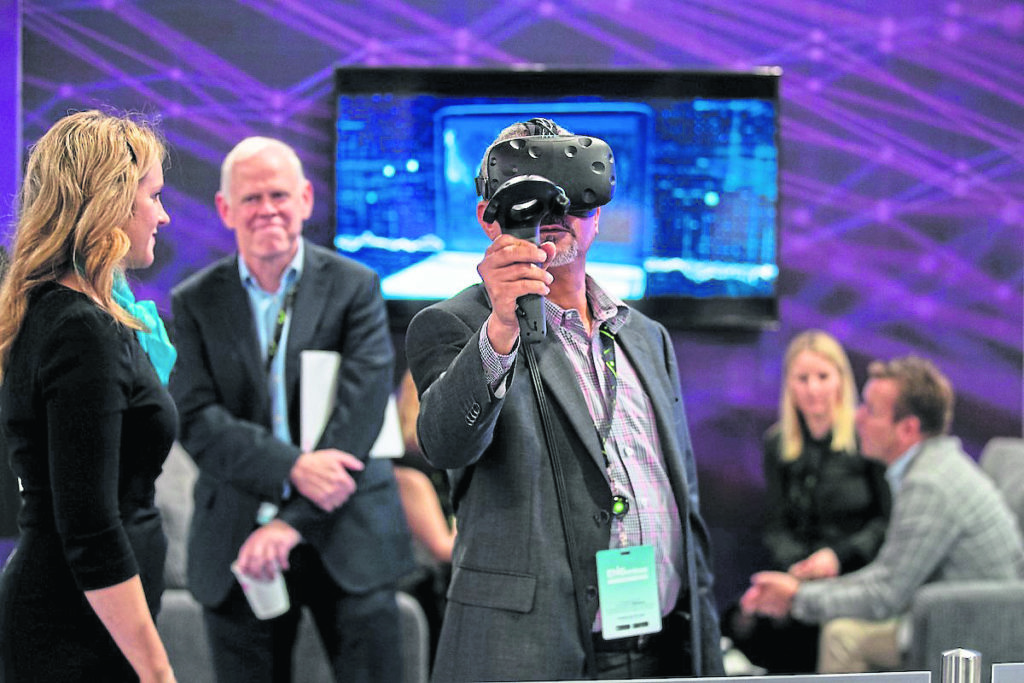
Advances in automation, artificial intelligence, data science and robotics are creating new ways of working that will impact our sector.
This means that the re-skilling of a substantial portion of the workforce is required to meet demand alongside the recruitment of people into new roles that don’t currently exist.
Developing the appropriate skills for existing and new candidates alike is vital for UK businesses to remain competitive and for the industry to respond to challenges in new ways.
It is therefore a priority that we take a strategic and collaborative approach to defining and preparing future skills requirements.
OPITO is developing a new UKCS Skills Strategy on behalf of the sector. The current research phase is exploring the effect of key issues impacting the oil and gas industry.
It delves into the impact of new technology and innovation, the energy transition, the changing business models of the UKCS and the increased focus on internationalisation.
This blueprint for skills diversification and digital transformation up to 2025 will be launched to the industry this summer.
The strategy will inform our direction to ensure that industry training, qualifications and standards are aligned with international requirements. Training providers, educators and trade organisations will all have a role in delivering skills solutions to meet industry demands.
Digital technology has enhanced the learning landscape and is enabling employees and educators around the world to work together, spread knowledge, and increase learning opportunities for everyone. Yet classroom learning hasn’t changed substantially since the Victorian times. We know that today’s multi-generational learners have a different set of expectations. They want to participate, have a say and engage with their peers.
At our Technical Forum (part of the OPITO Global conference) in November, attendees took part in workshops that focused on the broader learning landscape. Employees rate internal knowledge-sharing, social learning and collaboration as their preferred and most effective methods of learning.
Delegates cited ‘time’ as the biggest barrier for talent development. And this was also reflected in LinkedIn’s 2018 Workplace Learning report. Yet, 94% said that they would stay at a company longer if it invested in their career development.
How do we change this? How do we ensure that we make the time to improve the competency of our people?
The consensus was that we need content in bite size chunks. A blended learning approach works best.
We need to align development opportunities with employee aspirations, the changing skills required and engage with them via platforms they use in everyday life.
Interactive content using gamification and simulation encourages engagement. OPITO’s training delivery partners have been at the forefront of both physical and now virtual simulation technologies providing a way to practise a skill before applying it in real life.
Immersive learning experiences like these personalise the experience and have the potential to contribute to faster learning, better retention, and improved decision-making skills.
As the sector gears up to embrace future changes in skillset needs and training methods, the emphasis will also be on developing a stronger learning culture within businesses.
OPITO is working with the industry, research institutions and training delivery partners to predict and adjust to modern learners and the skills they will require.
John McDonald is CEO of OPITO
Recommended for you
